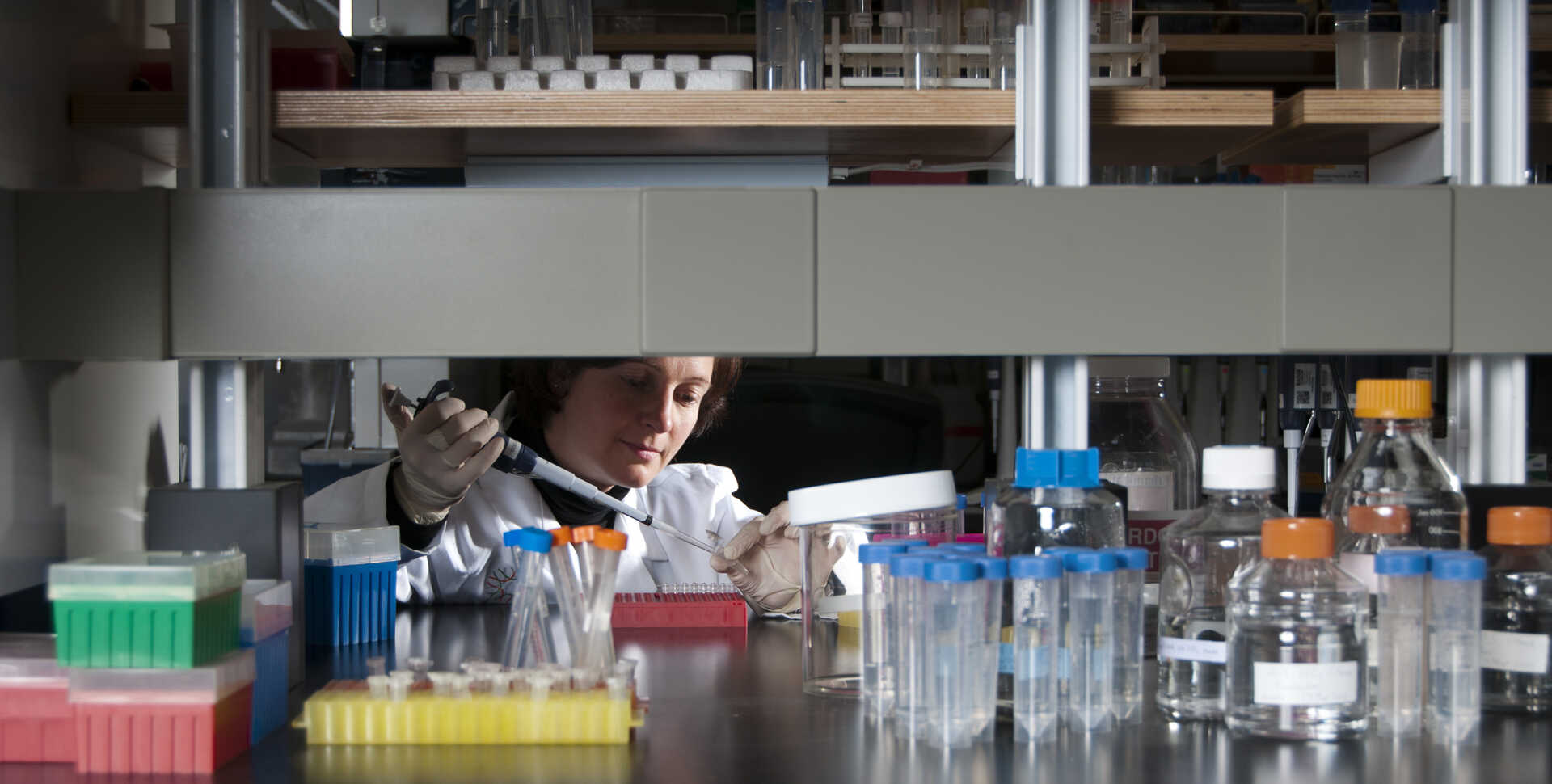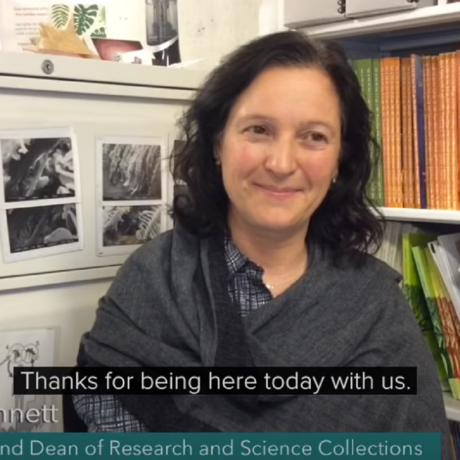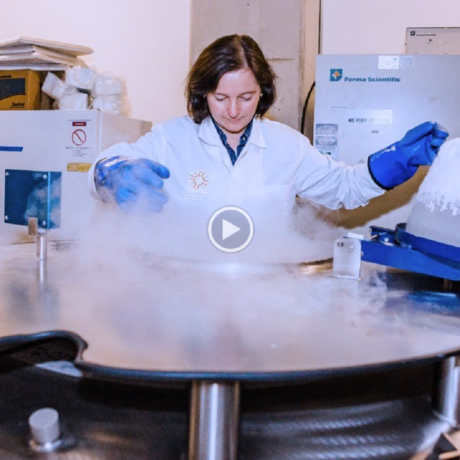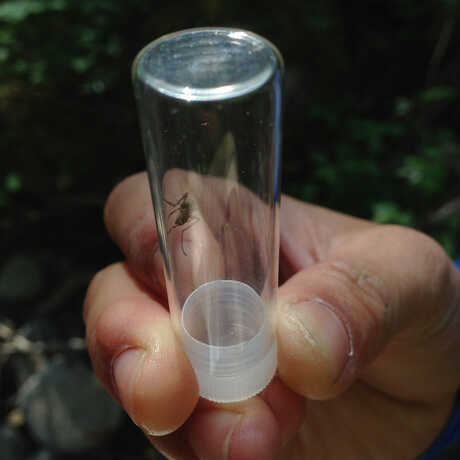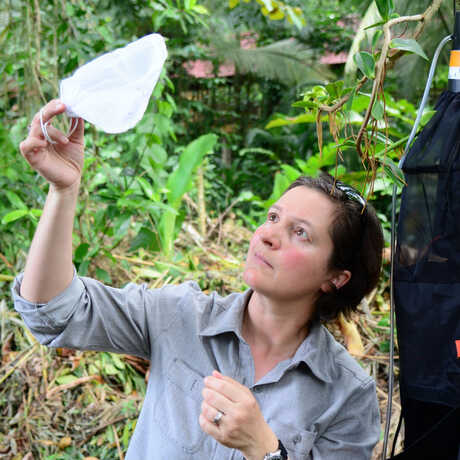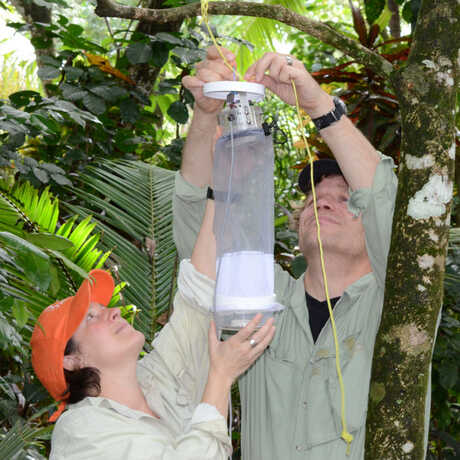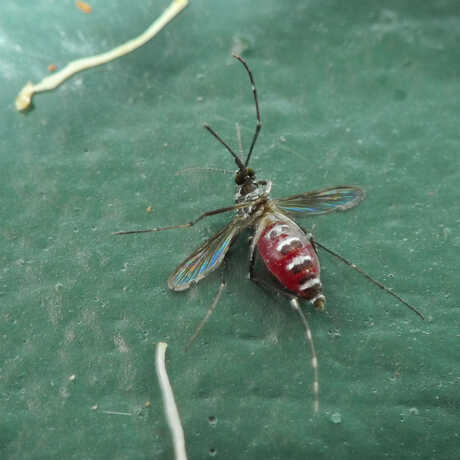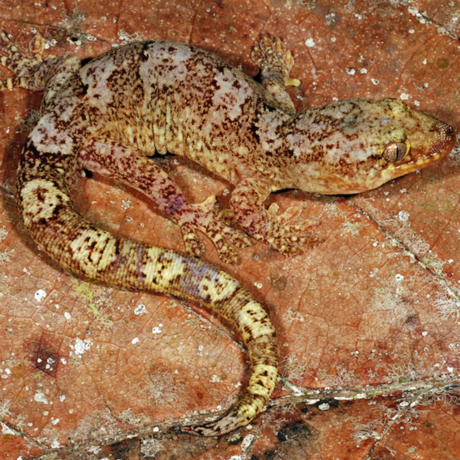MSNBC's The Last Word with Lawrence O'Donnell
Background Briefing with Ian Masters
California’s shelter in place may be working, but coronavirus is still a threat, Gov. Newsom says
As San Francisco imposed coronavirus shelter-in-place rules, Los Angeles waited
No sports or concerts? Social distancing at work? What a post-coronavirus California looks like
Quick publicity of coronavirus research leads to some iffy conclusions
Bay Area has 6 criteria for loosening coronavirus restrictions. Here’s where each county is now
New strain of coronavirus reported to spread more quickly, but some scientists cast doubt
